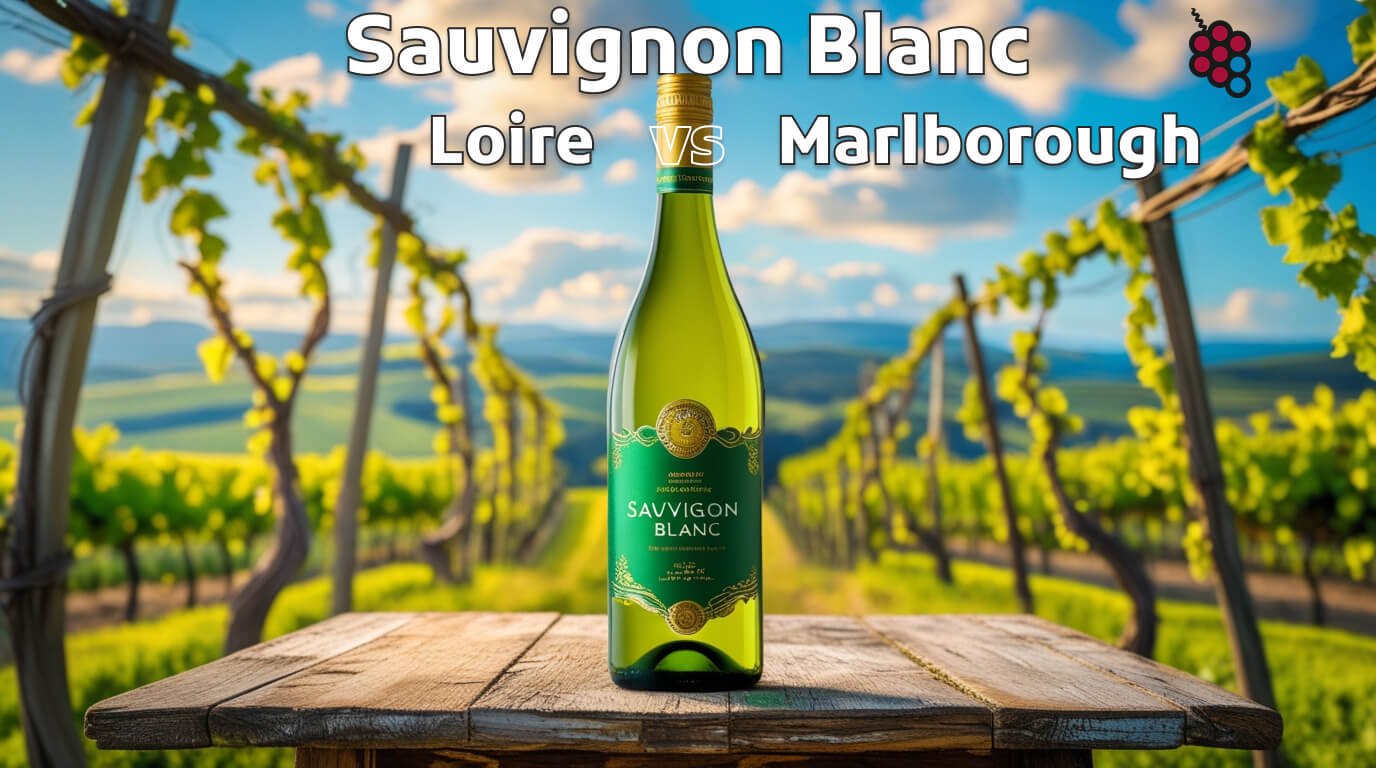
Imagine two glasses of Sauvignon Blanc. One bursts with gooseberry and citrus, leaping out of the glass. The other is more restrained, with notes of sea salt, herbs, and wet stone. They’re made from the same grape, but were grown continents apart. This is the elegant tension between the Loire Valley and Marlborough.
There are, of course, some quite striking geographical differences between the Loire Valley, France, and Marlborough, New Zealand. This is not the only thing that separates the two regions though - in the New World, we might see more of a willingness to experiment, while French wines are more restrained and traditional. In this article, we will explore all of the key points that make the regions unique, and back up our points with some tasting recommendations.
The Sauvignon Blanc Grape – A Quick Primer
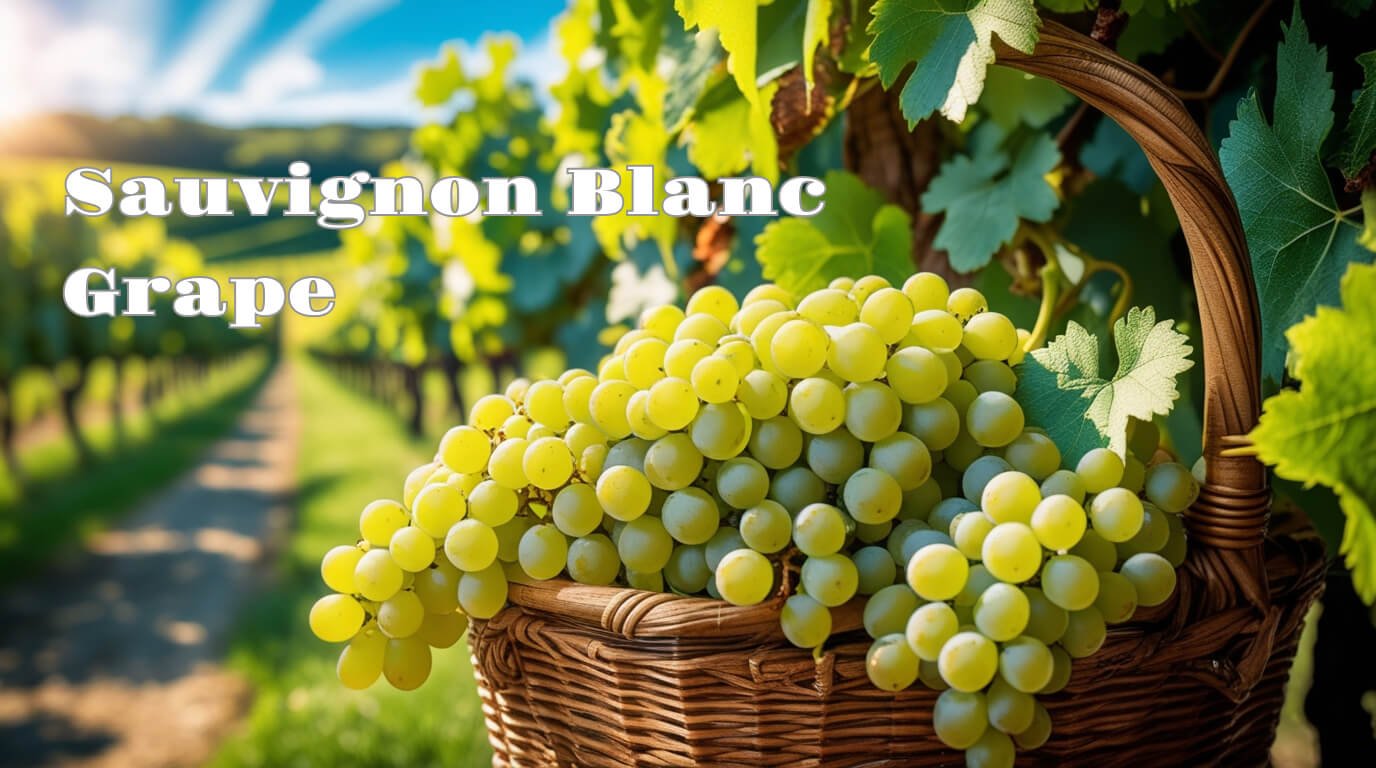
Like many of the world’s famous grapes, Sauvignon Blanc comes from the Bordeaux region of France. Its exact lineage is unknown, and it is actually a parent to the widely consumed red wine grape, Cabernet Sauvignon. Sauvignon Blanc is best known for its fresh, acidic, green fruit character, with typical tasting notes including hints of grapefruit, gooseberry, melon, freshly cut grass, and herbs. The intensity of these flavours and the overall character of the wine largely depends on where it was made.
Sauvignon Blanc is grown all across the world, from California to Bulgaria. However, there are two regions that tower above the rest in terms of quality and critical acclaim, and have really made this versatile white grape their trademark. As mentioned already, these regions are the Loire Valley in France, particularly the appellations of Sancerre and Pouilly Fumé, and New Zealand, but particularly the region of Marlborough.
We would first like to introduce you to the elevated style of the Loire Valley, through the wines of Henri Bourgeois, a tenth-generation winery in the heart of Sancerre. The winery’s Sancerre d’Antan is a tense and steely white wine, with notes of white flowers and citrus rind. Its flinty mineral side is extremely typical of Loire Valley Sauvignon Blanc, and its full-bodied character makes it one of the best choices for getting acquainted with the region.
From the Southern Hemisphere, we recommend Dog Point winery in Wairau Valley, Marlborough. While Loire wines are elevated and reserved, Marlborough wines are best described as fresh and funky. Section 94 is a great example of this: it aims towards the French style, but bold tropical fruit notes still shine through, thanks to the New Zealand sunshine and the ocean’s influence.
Loire Valley – The Timeless Classic
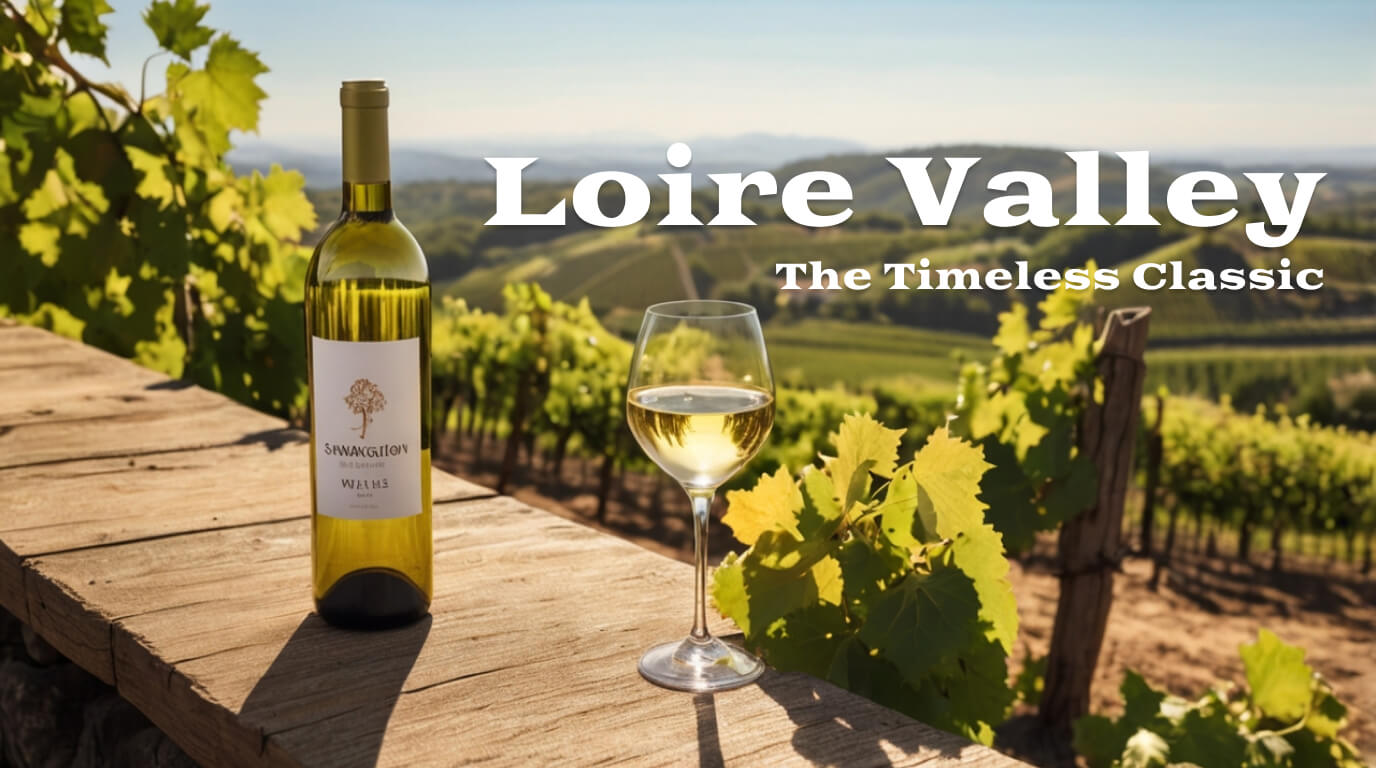
The Loire Valley is a vast winemaking region in central France, containing over 80 appellations. For the purposes of Sauvignon Blanc, we’re going to focus on the appellations of Sancerre and Pouilly-Fumé, and what makes them so special.
As a whole, the Loire Valley has a cool continental climate, with soils that are largely chalky and rich in limestone. This has a strong influence on the resulting wines, as they typically have strong minerality, evoking scents of sea shells, wet stone, or flint.
More specifically, Sancerre has regions where the limestone mixes with gravel or Kimmeridgian marl. The most typical and full-bodied Sancerre wines can be found in the town of Sancerre itself, where large flint deposits lie under the surface soils. From Sancerre, we wholeheartedly recommend Domaine Delaporte, and their white Chavignol cuvée. This wine is defined by its intensity, bursting with white flowers, citrus, and rhubarb, and is worthy of ageing for some time in the cellar.
Pouilly-Fumé has a similar soil composition to Sancerre, but it is most famous for the “gunsmoke” hints that come with uncorking any bottle that originates from the Pouilly-sur-Loire sub-region. We’re recommending this strongly mineral wine, Les Deux Cailloux, from Domaine Fournier. Notes of wet stone dance alongside flashes of bitter orange, and there are lingering hints of classic Pouilly-Fumé smoke in the finish.
As a bonus for those who are just here seeking wine and food combinations, we’re making one pairing recommendation that absolutely defines the Loire Valley region. The wine is from Domaine Vincent Pinard in Sancerre, Chêne Marchand, and it is sourced from all of the best vineyard plots around Bué. Its juicy texture and bright acidity will make it a perfect partner for freshwater bream, a local favourite, served with a beurre blanc sauce, shallots, and crispy potatoes.
Marlborough – The Vibrant New World Star
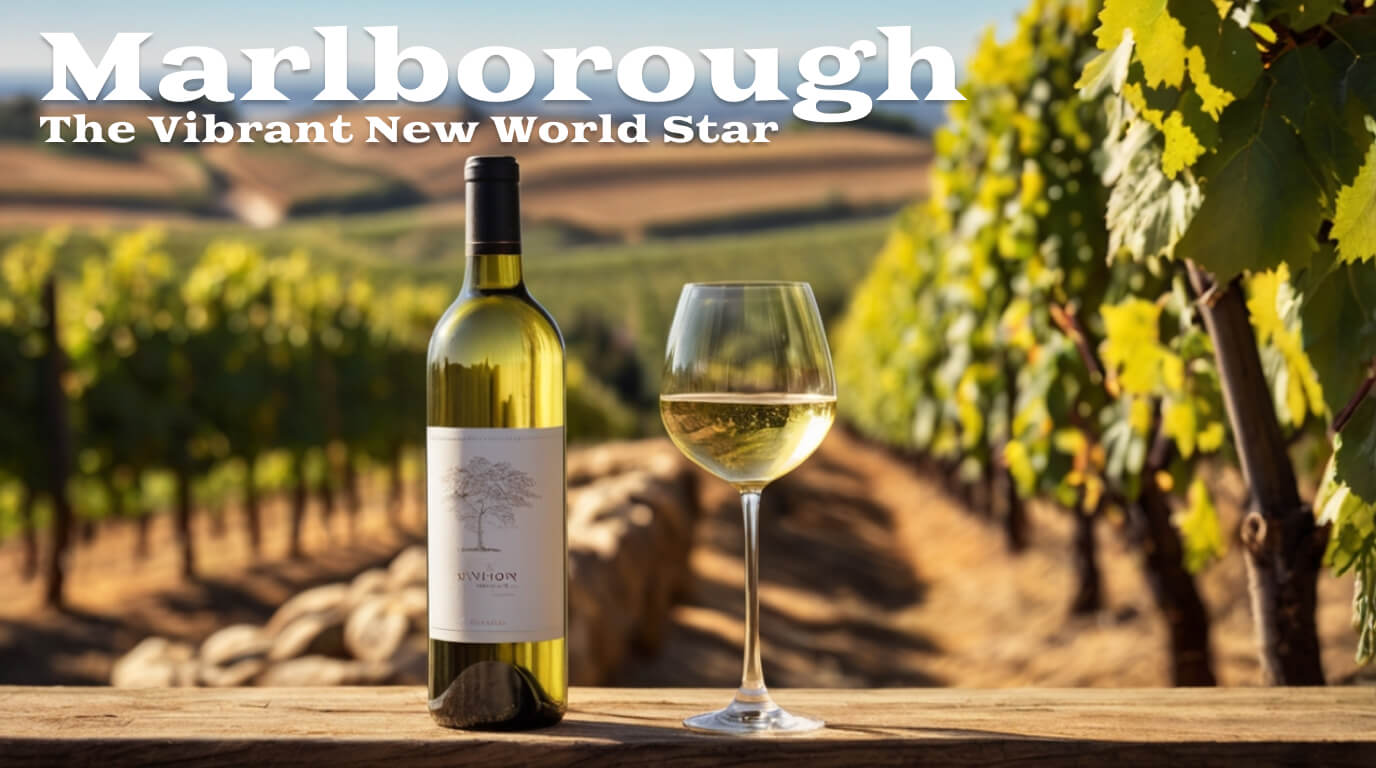
Marlborough can be found on the northern tip of New Zealand’s south island, a maritime climate that is heavily influenced by the vast Pacific ocean. It is punctuated by the Wairau River, which forms Wairau Valley, one of the region’s best-known appellations.
Unlike the Loire, Marlborough is dominated by free-draining soils, mostly consisting of sandy loam over a gravel bed. The sunshine here is far more intense and copious than in France, largely due to the thinner ozone layer. This imbues New Zealand Sauvignon Blanc wines with a sunny and undeniably vibrant character. Typical notes include tropical hints of passionfruit, lime, grapefruit, and gooseberry, which has been described by some wine critics (in a rather unappetising way) as a “cat piss” note. This is meant in the best possible way however, only to highlight their pungency, as Marlborough Sauvignon Blancs are famed the world over for their zesty and unapologetic profile.
The first example of this can be discovered in the wines of Kim Crawford, a winery that sources its grapes from all across the Marlborough region. Sauvignon Blanc is the winery’s flagship, a fruit-packed delight with a finish full of herbs and minerality. It is both approachable and classically Marlborough, with an intense vein of acidity.
We can also recommend Blank Canvas, a winery that takes a distinctly Old World approach to terroir, in the sub-region of Wairau Valley. Cool nights accompany intense sunshine in Wairau Valley, leading to wines with an incisive and juicy profile. Blank Canvas winery’s minimal intervention and terroir-driven approach can be best seen in their Holdaway Vineyard wine, a vibrant Sauvignon Blanc with strong gooseberry, lime, and tropical fruit notes.
As for a regional food pairing, it doesn’t get more approachable and food-friendly than this Sauvignon Blanc from Rapaura Springs. It showcases notes of mango, lime zest, and freshly cut grass. If you’re in New Zealand, or can get hold of this ingredient, perhaps consider pairing this wine with Paua, a kind of edible sea snail. Paua are often served as fritters - their crunchy texture will match perfectly with the juicy acidic profile of Sauvignon Blanc. Some pairings are timeless, and in New Zealand as in France, white wine and edible snails are a wonderful combination.
Head to Head
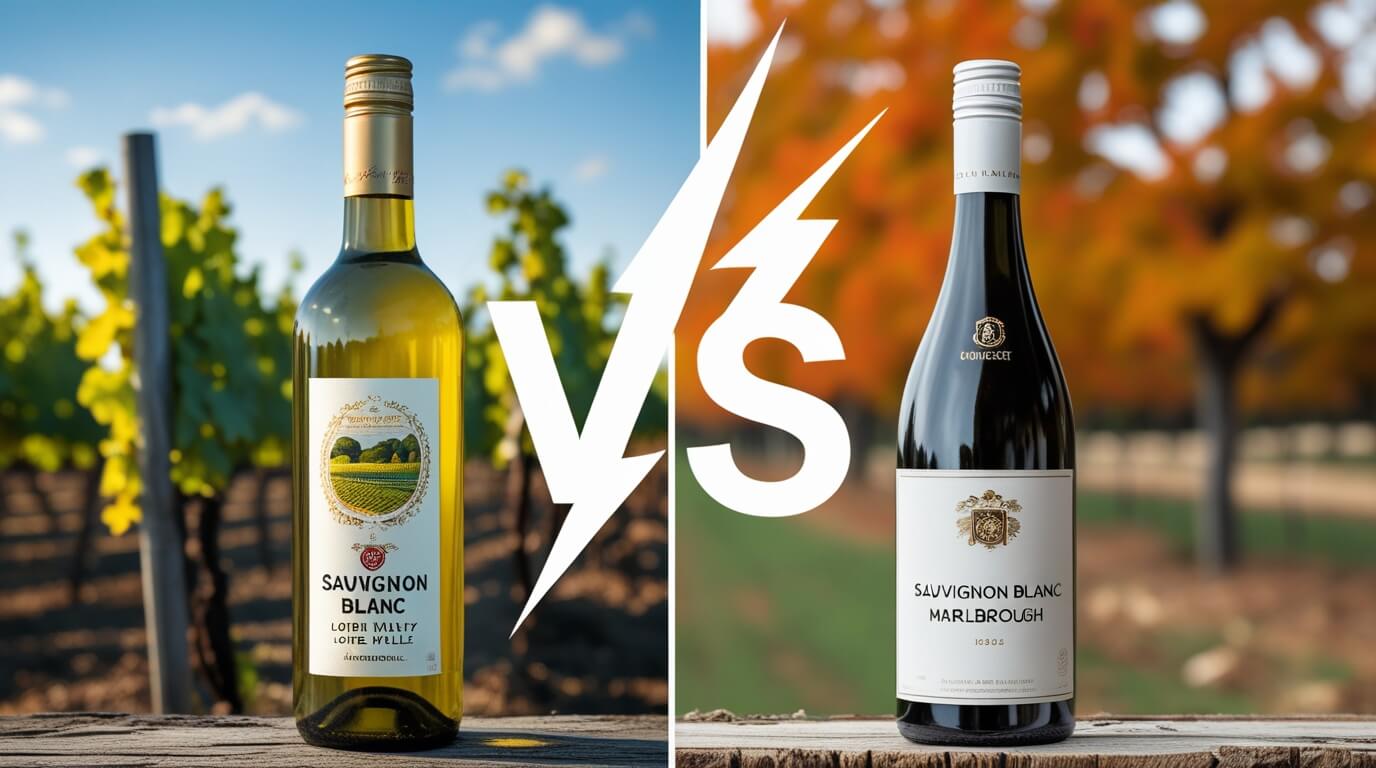
The Loire Valley and Marlborough both offer completely different things when it comes to Sauvignon Blanc, and it can be a fun activity to taste them comparatively, to see if you can tell the difference.
Here are a few key pointers to keep in mind. Loire Valley wines are famed for their subtle and mineral character - they are far more likely to contain notes of white flowers, wet stone, and lemon zest. Loire wines are also generally assumed to age well, typified by this Sancerre from Jean-Max Roger. Sourced from vines with an average age of 40 years, this wine can be kept in a cellar for approximately 15 years, and will develop some interesting tertiary characteristics. For collectors, this is one of the most appealing qualities of Loire Valley Sauvignon Blanc.
Marlborough wines are famed for their bold and fruity character. They are far more likely to contain notes of tropical fruits, freshly cut grass, and lime. They are generally considered to be more approachable than their French cousins, and are usually enjoyed in their youth. Our final Marlborough recommendation is from Greywacke, and a wine that was sourced from all of the most important appellations in the region: Wairau, Awatere Valley, and the Southern Valleys.
Putting these two wines head to head will be a fascinating experience. Both are highly acidic, but represent different sides of the Sauvignon Blanc spectrum: flint versus papaya, lemon versus lime, and subtle floral notes versus dried herbs. Now you know the theory, but can you taste which is which?
We’re entering the season of Sauvignon Blanc, and there’s no need to restrict yourself to just one style - or any one of the producers we have mentioned thus far. Our website contains even more, and goes beyond big-name labels to true hidden gems. Whatever this summer brings, you can always enjoy a bottle of Marlborough at your friends’ patio barbecue, and a bottle of Loire Sauvignon Blanc will certainly brighten any rainy evening.






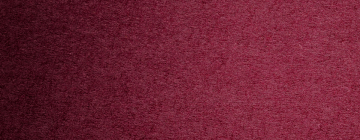
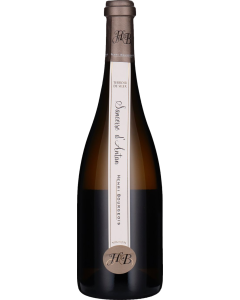
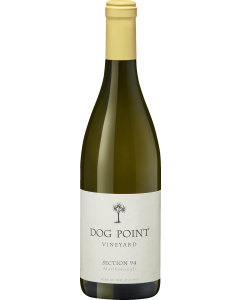
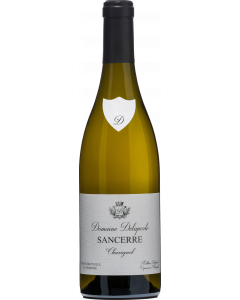
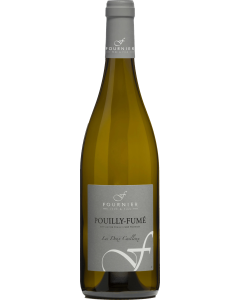
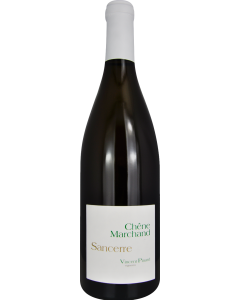
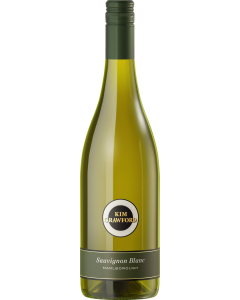
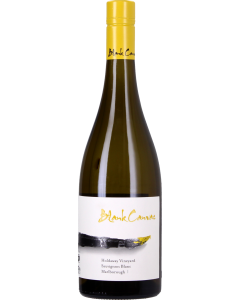

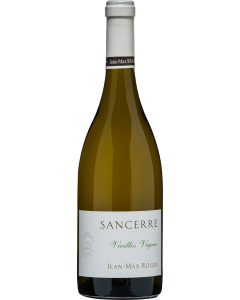
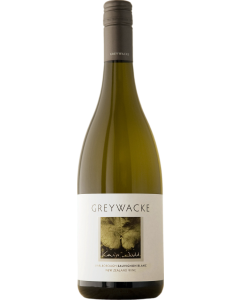



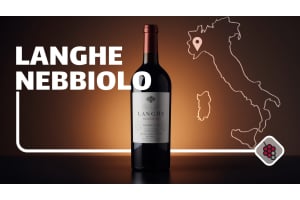
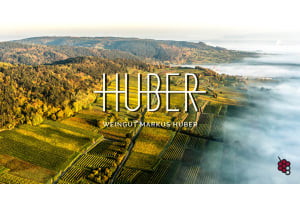
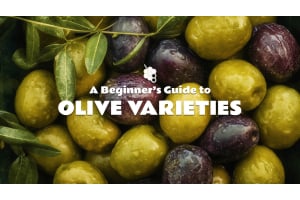
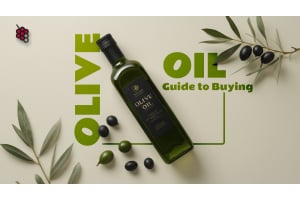
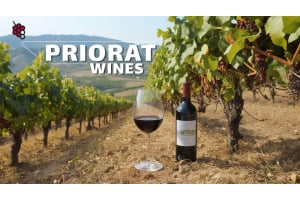
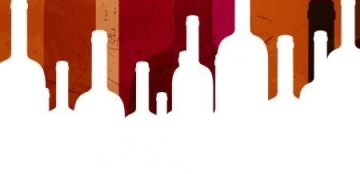
excellent wine and service!